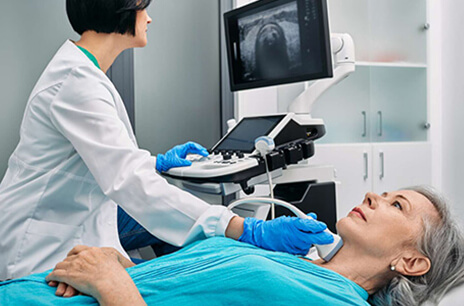1. Yuan, Jian-Min, et al. “
Tea and Cancer Prevention: Epidemiological Studies.” Pharmacological Research, vol. 64, no. 2, Aug. 2011, pp. 123–135
2. “
Cancer-Preventive Potential of White Tea.” ScienceDaily,Accessed 28 Mar. 2024.
3. Yang, Chung S., et al. “Antioxidative and Anti-Carcinogenic Activities of Tea Polyphenols.” Archives of Toxicology, vol. 83, no. 1, 12 Nov. 2008, pp. 11–21
4. Mao, Xiangbing, et al. “Tea and Its Components Prevent Cancer: A Review of the Redox-Related Mechanism.” International Journal of Molecular Sciences, vol. 20, no. 21, 23 Oct. 2019, pp. 5249–524
5. Edgar, Julie. “
Types of Teas and Their Health Benefits.” WebMD, WebMD, 20 Mar. 2009,
6. “
Health Benefits of Tea? Here’s What the Evidence Says.” The New York Times, 5 Oct. 2015
7. “
Can Drinking Tea Improve Cognition, Immunity, and More?” Www.medicalnewstoday.com, 3 May 2022



